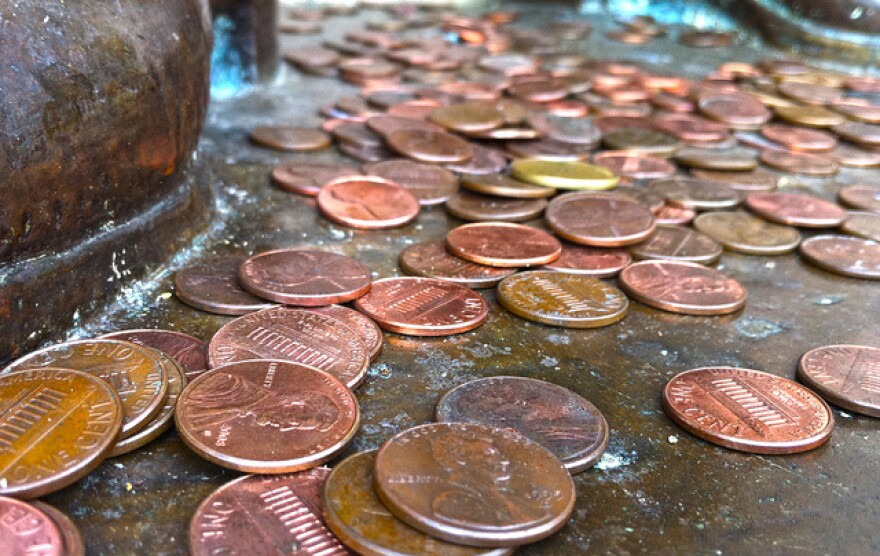In recent weeks, several North Texas school districts have held or considered having tax ratification elections.
The Irving school district’s election passed over the weekend, while a similar election in Frisco failed last month. Dallas school trustees, on the other hand, decided not to put a tax ratification election on the ballot. KERA's managing editor Eric Aasen and education reporter Stella Chávez sat down to discuss this trend.
Interview highlights:
Why are we seeing these tax ratification elections:
School districts say they don't have enough money to spend on teachers and classrooms and new programs. Tax ratification elections let voters decide whether to increase the tax rate and give districts more money.
Why do school districts say they have to hold these elections because of the Texas Legislature?
In 2011, the state legislature cut school funding by $5.4 billion, and many school districts sued. In 2013, the legislature restored some of those cuts. Still, school districts say it's not enough and that it's hurting schools in many ways, including not paying teachers enough.
Why do districts have this option to generate money through tax ratification elections?
It's complicated. Districts run their schools with money collected from their maintenance and operations tax rate. The Texas Legislature has set school districts' M & O rate, as it's called, at $1 per $100 of property value and that's capped at $1.04 per $100 of property value.
A district that wants to boost its tax rate higher than the $1.04 rate has to hold a tax ratification election and the maximum it can increase the rate to is $1.17 per $100 of property value.





